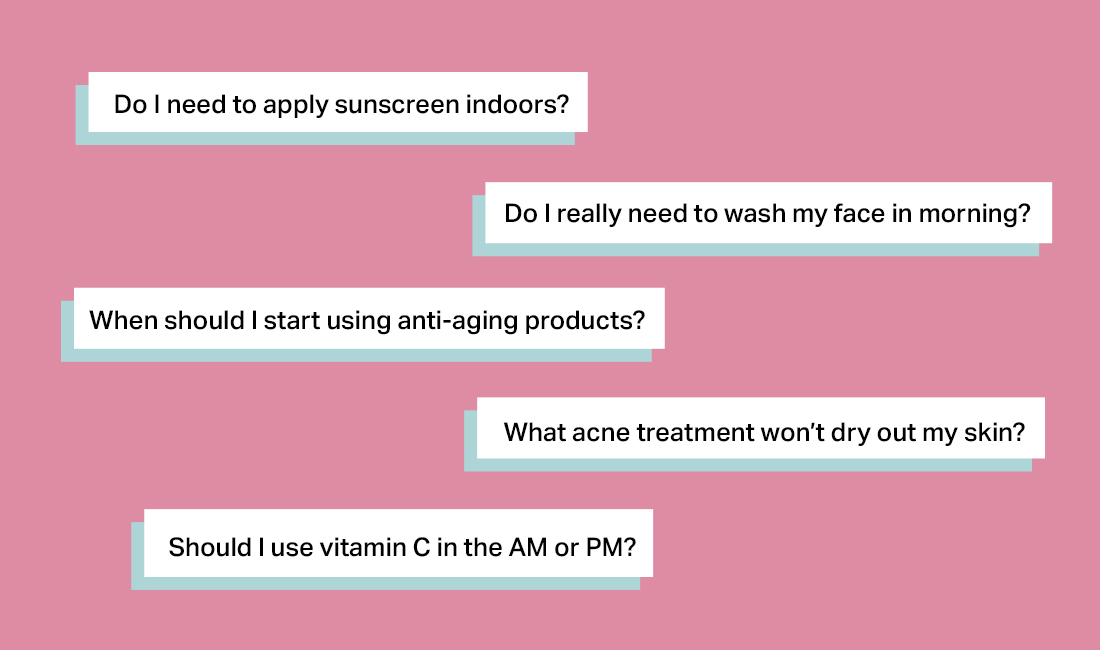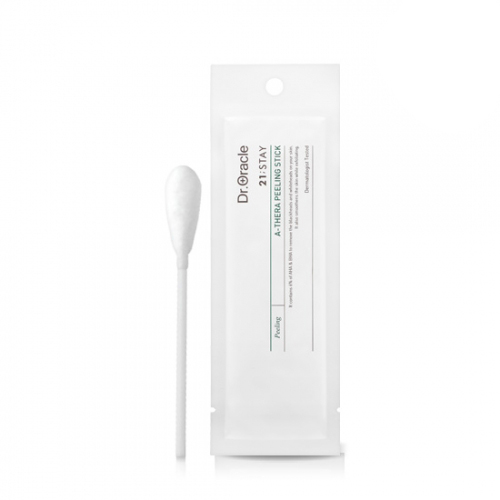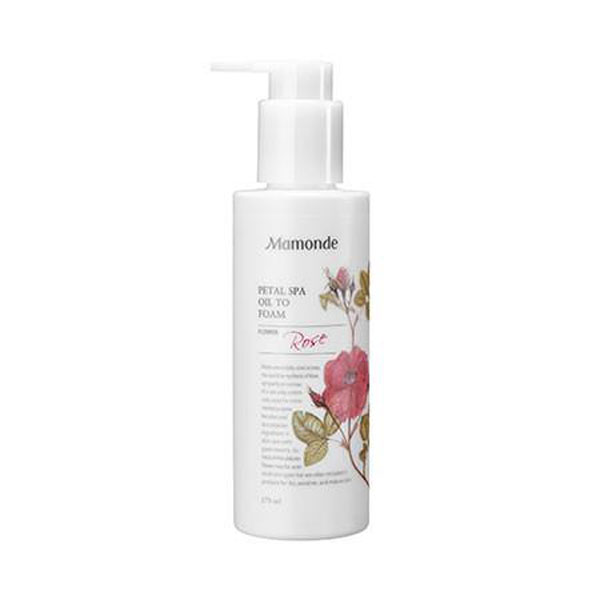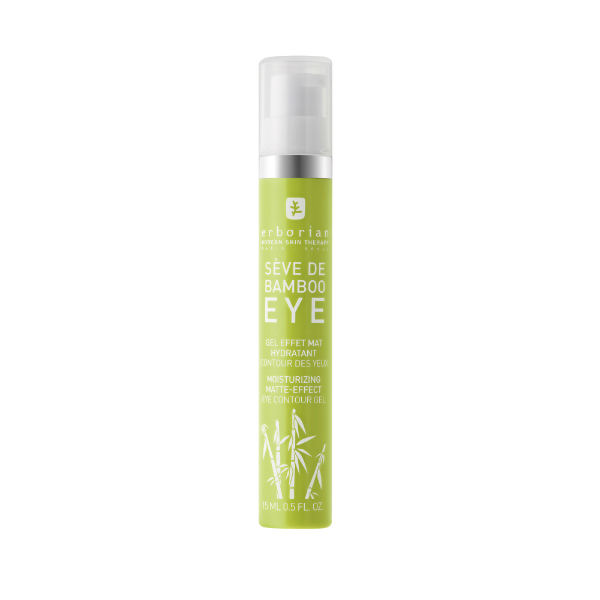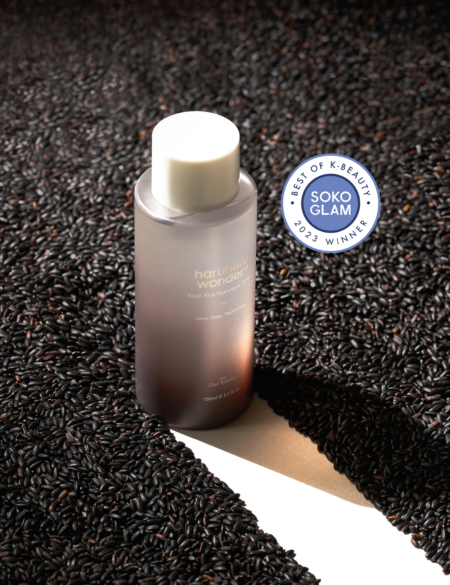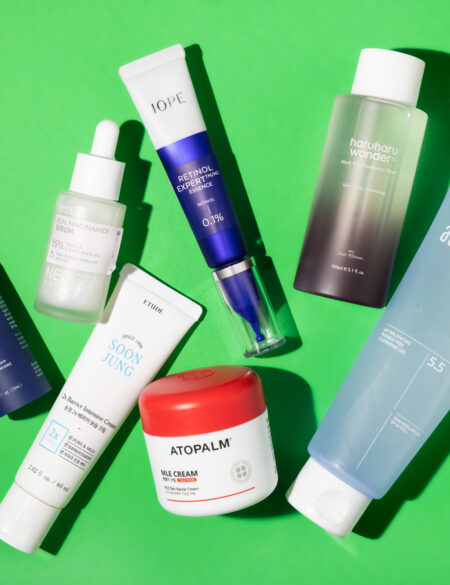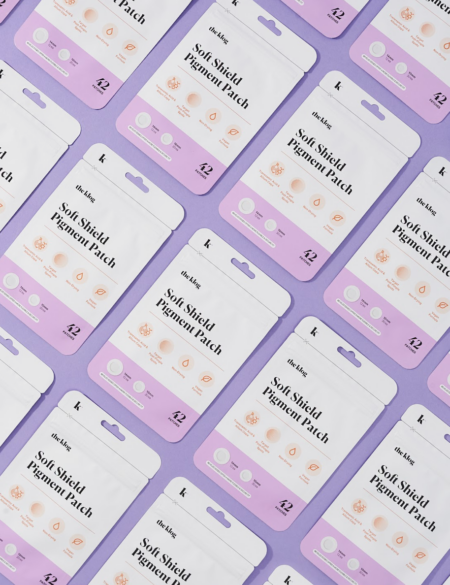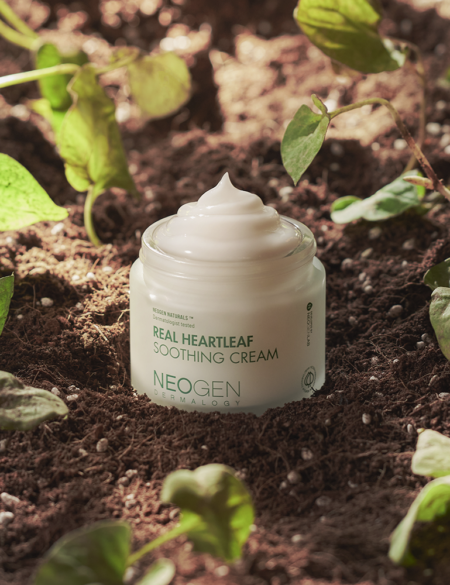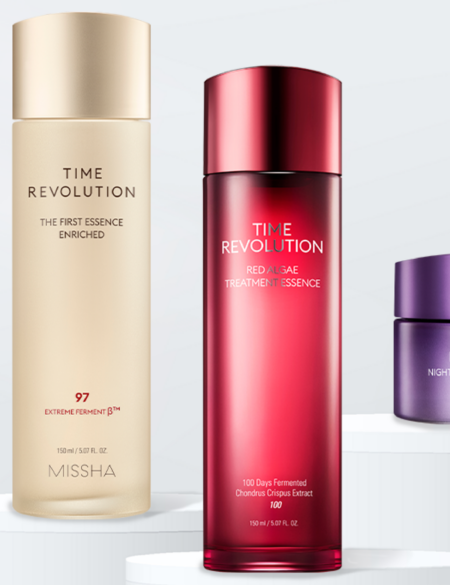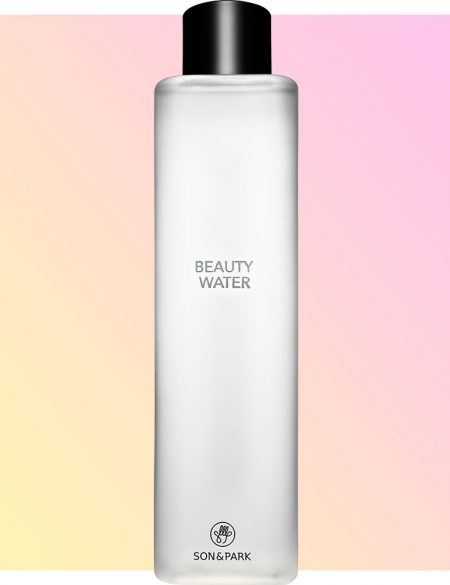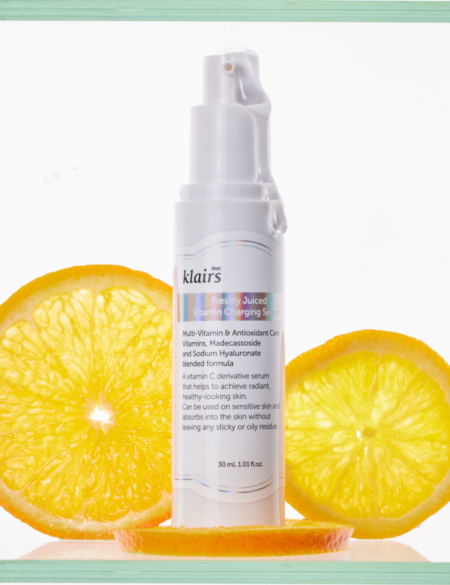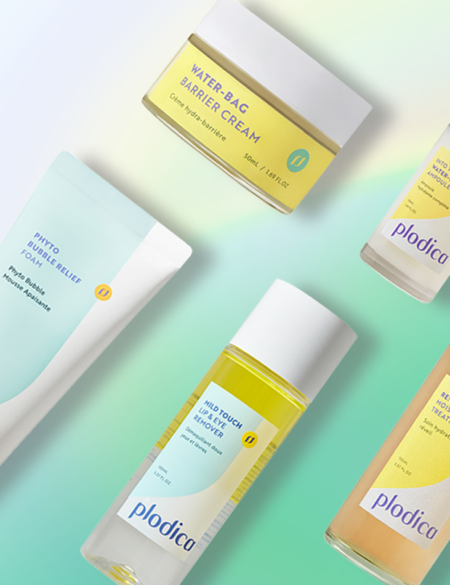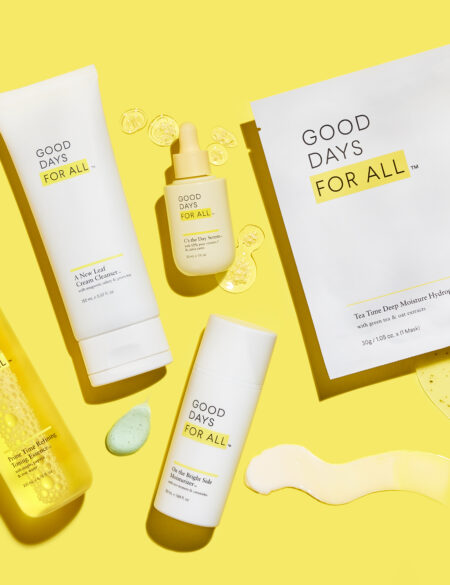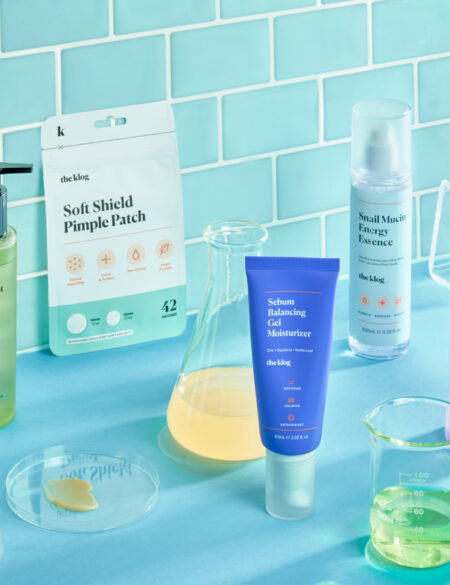We received a lot of good questions from our readers in 2019. Because there are a handful of inquiries that we got again and again, we thought it would be useful to answer them all in one place. From what age to start using anti-aging products to how to find acne treatments that won’t dry out the skin, read on to find out what you and the rest of the community were asking this year. Keep them coming in 2020 – our DMs are always open.
Does SPF need to be applied indoors?
Ultra violet rays that cause skin damage and aging can penetrate through a window – even on a cloudy day. This is why it’s important to wear sunscreen every day, even if you’re just going to the office. Of course if you’re sitting in a windowless room we’re not suggesting you slather on sunscreen every two hours. Use your best judgement. Will you be sitting close to a window (even in a car or other type of transportation)? Will you be taking a lunch break outside? If the answer is yes, wearing sunscreen will only benefit you.
For tips on how to reapply sunscreen throughout the day without messing up your makeup, click here.
Is washing your face in the morning really necessary?
It may not seem like cleansing after a night of sleep makes a lot of sense. What are you washing off anyway? Well, first of all, we do sweat when we sleep and sweat can contribute to acne. Second, your pillow is probably not as clean as you think it is. Dirt, oil, and bacteria from your skin and hair can build up and transfer back onto your skin. Plus, whether you realize it or not, you might be touching your face while you sleep, spreading bacteria.
Double cleansing in the morning might be overkill for some (though it could be beneficial for oily skin types), but applying a few swipes of cleansing or micellar water is an easy way to give your skin a fresh, clean slate in the morning.
When should I start using anti-aging products?
It’s never too early to start preventing skin damage and signs of aging. However, that doesn’t mean you need to have a long, complicated regimen at the ripe age of 21. The absolute best anti-aging product to start with is sunscreen. If you protect your skin from sun damage at an early age, you won’t have to do as much damage control when you’re in your 30s and beyond.
You can also start the anti-aging process with a simple moisturizer. Skin starts to become more naturally dry in your 20s and a compromised moisture barrier can lead to damaged skin which is more prone to wrinkles.
Once you’re in your 20s, you can start considering ingredients like retinol, vitamin C, and AHAs and incorporating as needed. Click here for product suggestions for your age range.
No matter your age, before stocking up on every anti-aging product you can find, we recommend assessing your skin concerns and using that to inform what ingredients and products will best benefit you.
What acne treatments won’t dry out my skin?
It’s a common misconception that stripping your skin of all its moisture can help get rid of acne and make skin less oily. On the contrary, when the skin is stripped of its natural moisture, it overcompensates by producing even more oil . The issue is of course that a lot of acne treatments are drying and thus are not helpful in breaking this cycle.
Thankfully Korean skin care brands often keep this in mind when creating acne products. You’ll find a lot of K-beauty products that contain traditional acne-fighting ingredients like salicylic acid and tea tree leaf, as well as hydrating and soothing ingredients so you get the best of both worlds. The Dr. Oracle A-Thera Tea Tree Peeling Sticks, for example, contain AHAs and BHAs to exfoliate and clean pores, plus bamboo extract to hydrate.
If your skin is still dry after using acne products like one mentioned above, or if you’re using western or topical acne treatments that are drying, it’s important that you balance your skin by using lots of gentle and hydrating products in tandem. Start with a nourishing cleanser like the Klairs Rich Moist Foaming Cleanser. An essence is a great way to add an extra layer of hydration that’s lightweight but impactful. And then, always finish your routine with a good moisturizer. Find the right one for your skin type here.
Do I have to use a water-based cleanser after an oil-based one? If I just use an oil-based cleanser will it clog my pores?
If you effectively rinse off an oil-based cleanser, it shouldn’t clog your pores. However, the reason we recommend using both types of cleansers is because they are formulated to tackle different types of impurities. An oil cleanser removes oil-based debris like excess sebum, makeup, and sunscreen. A water cleanser takes on water-based impurities like dirt and sweat. If you skip the latter, you won’t get a thorough cleanse.
If double cleansing feels like too time-consuming or like too much product for you, try a two-in-one formula like the Mamonde Petal Oil to Foam Cleanser.
I’m a teenager. Should I be using an eye cream?
The primary function of an eye cream is to hydrate and plump the delicate tissue under the eye area. Using one as teenager is not going to hurt you, but because the area gets more dry and loses elasticity later in life (around your late twenties and thirties), it’s not necessary just yet – there are probably better ways or products to spend your extra cash on. However, if you do want to use one, go for a light hydrating formula like the Erborian Seve de Bamboo Eye Matte, and save the eye creams with potent anti-aging ingredients for when you’re older.
For more teen skin tips, click here.
Would it be better to incorporate vitamin C in my day or night routine?
There’s not a wrong time to apply vitamin C, but there is one major factor that can help inform your decision. Are you using retinol or chemical exfoliants like glycolic acid? Because these are all (including vitamin C) strong, sensitizing ingredients on their own, we don’t recommend combining them. So if you’re using retinol and/or AHAs at night, use your vitamin C in the morning.
No matter what time you apply, always wear sunscreen during the day. Aside from the obvious reasons to wear it, vitamin C can make skin more sun sensitive so the step is extra important.
For more answers to your vitamin C-related questions, click here.


